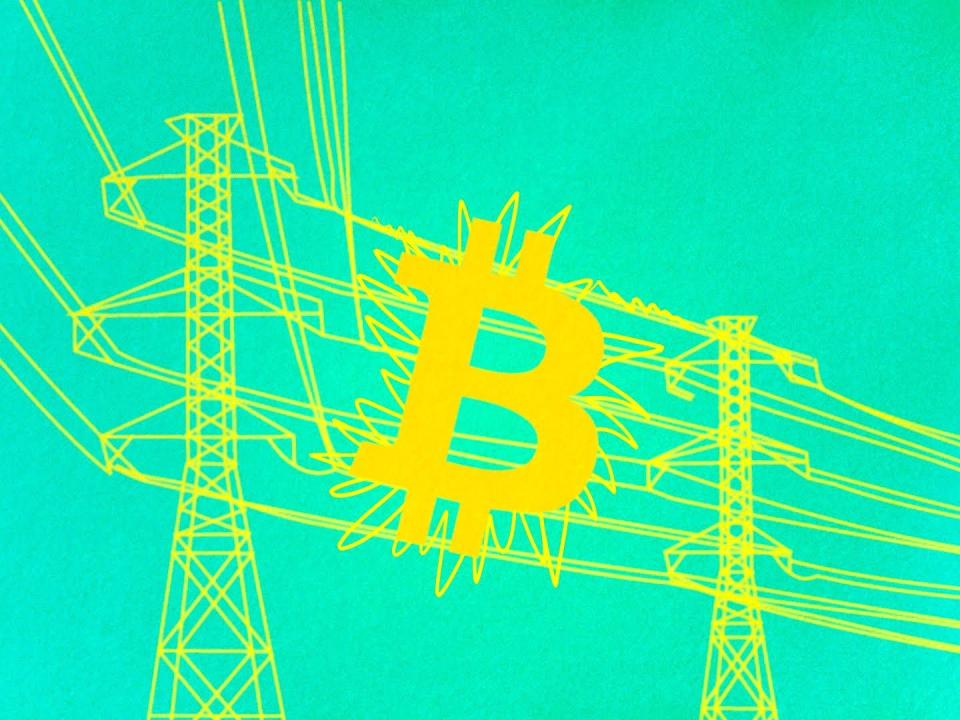Bitcoin Miners Offered Way to Cut Texas Electricity Usage to Help the Grid

Texas is offering an interim, voluntary power curtailment program for “Large Flexible Loads (LFL),” intended to give bitcoin miners incentives to lower their power consumption during periods of high electricity demand.
The program should help the state’s grid operator, Electric Reliability Council of Texas (ERCOT), ease worries about mining adding extra stress during periods of high system demand.
“Due to the anticipated interconnection of an increasing number of large flexible Loads in the ERCOT Region, ERCOT is establishing an interim, voluntary curtailment program that would allow these Loads to assist ERCOT in ensuring reliability during periods of high system demand,” ERCOT said in a statement.
LFLs are large-scale power consumers that have the ability to turn on and off electricity uses at a moment’s notice in order to divert energy to other grid participants. Bitcoin miners and data centers are the main type of LFLs that operate in Texas. They require immense amounts of energy and have been able to curtail their power consumption during the peak power demand with a flick of a switch.
The temporary program is expected to go live on or about Jan. 1, 2023, according to ERCOT. However, the program might be terminated at any time because ERCOT said it plans to develop a permanent reliability framework for LFLs.
The miners have already been curtailing their operations during winter storms and heat waves in Texas to serve the grid’s energy needs via so-called demand response programs. As participants of the program, the miners power down their operations in exchange for energy credits they can use in the future, thus releasing power back to the struggling grid.
However, the practice has come under scrutiny recently as a group of seven Democratic lawmakers in Washington, D.C., led by Sen. Elizabeth Warren of Massachusetts has questioned the impact of the miners' power usage on the grid and how it's affecting local consumers.
Earlier in July, Texas’ Large Flexible Load Task Force discussed the possibility of integrating bitcoin mining operations into the ERCOT system, which was described as “the core issues that must be resolved.”

 Yahoo Finance
Yahoo Finance 